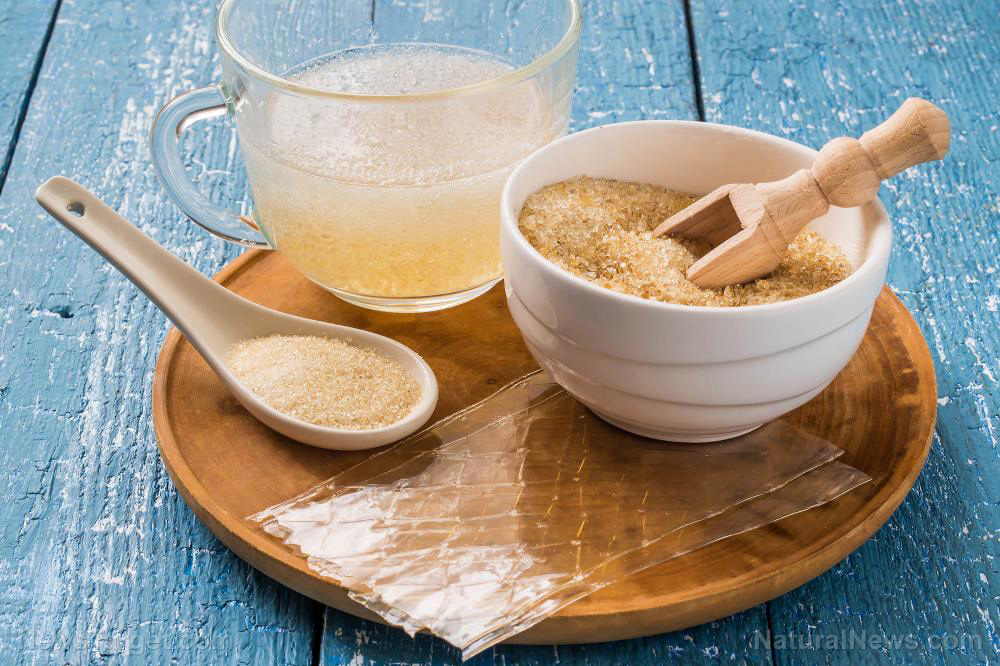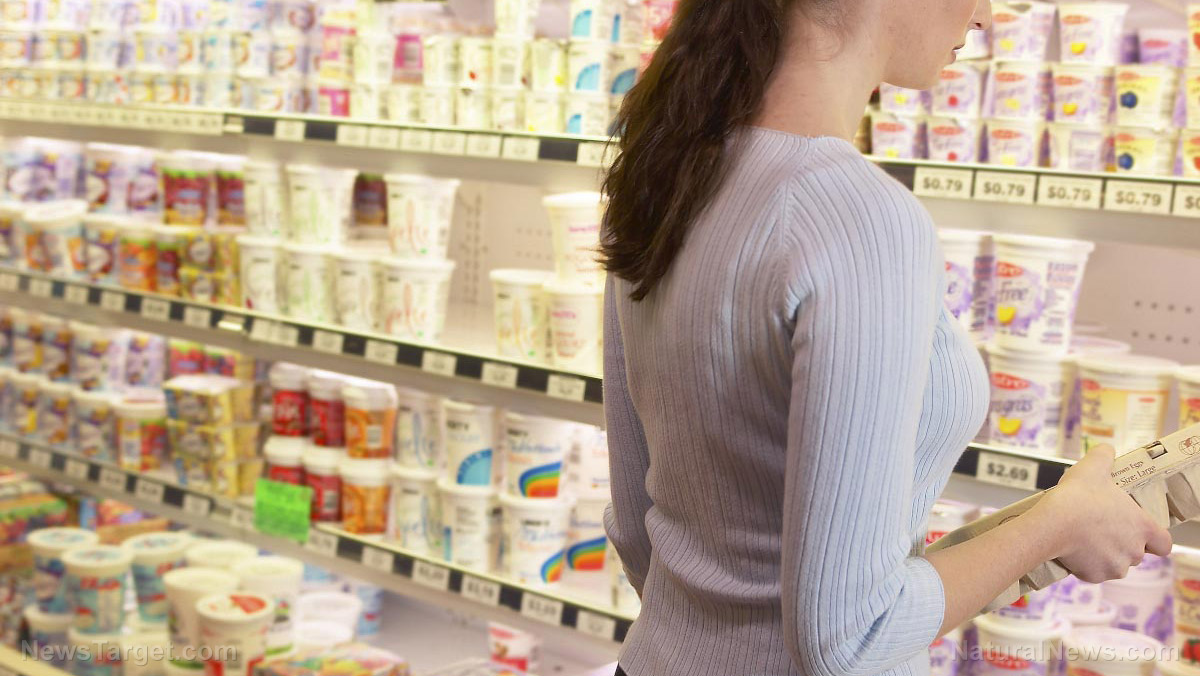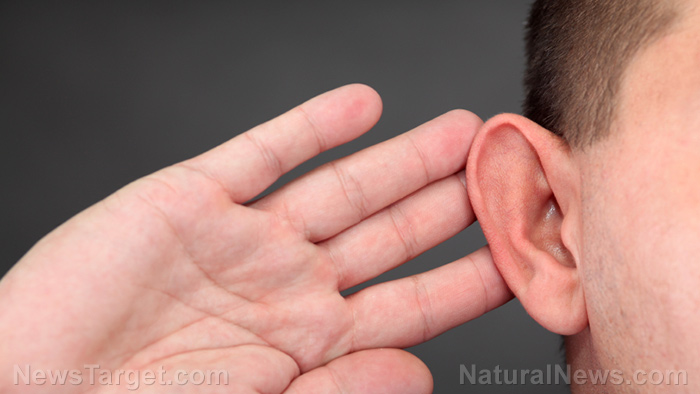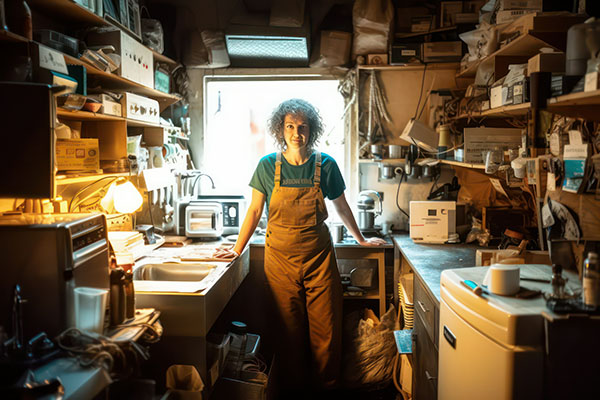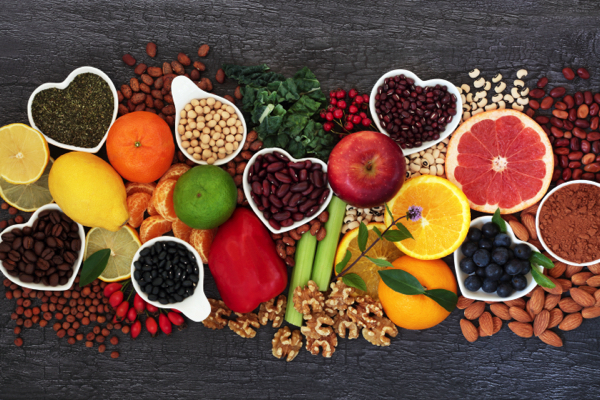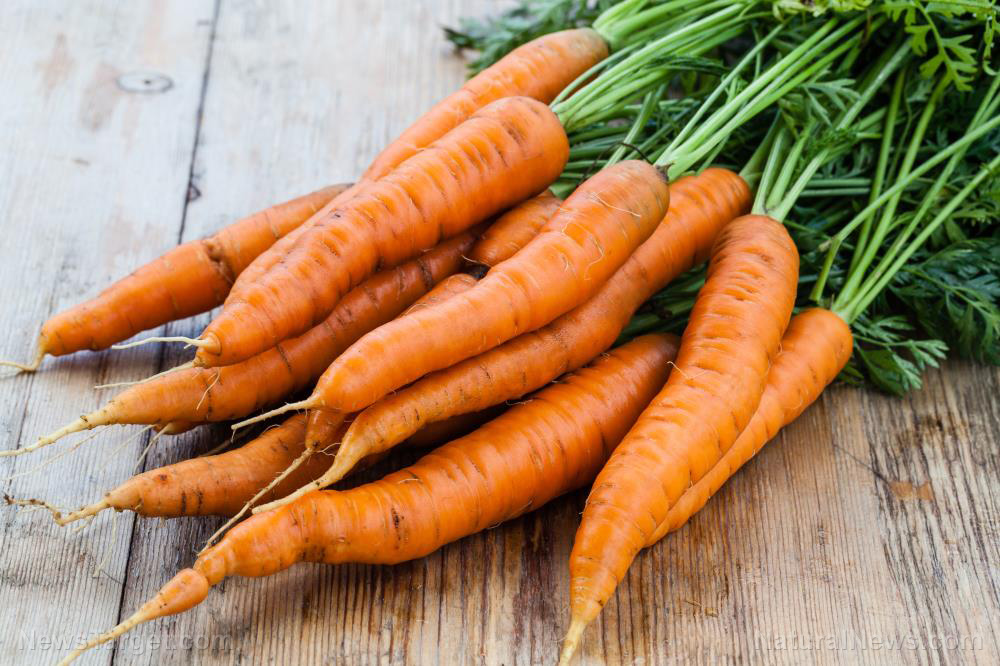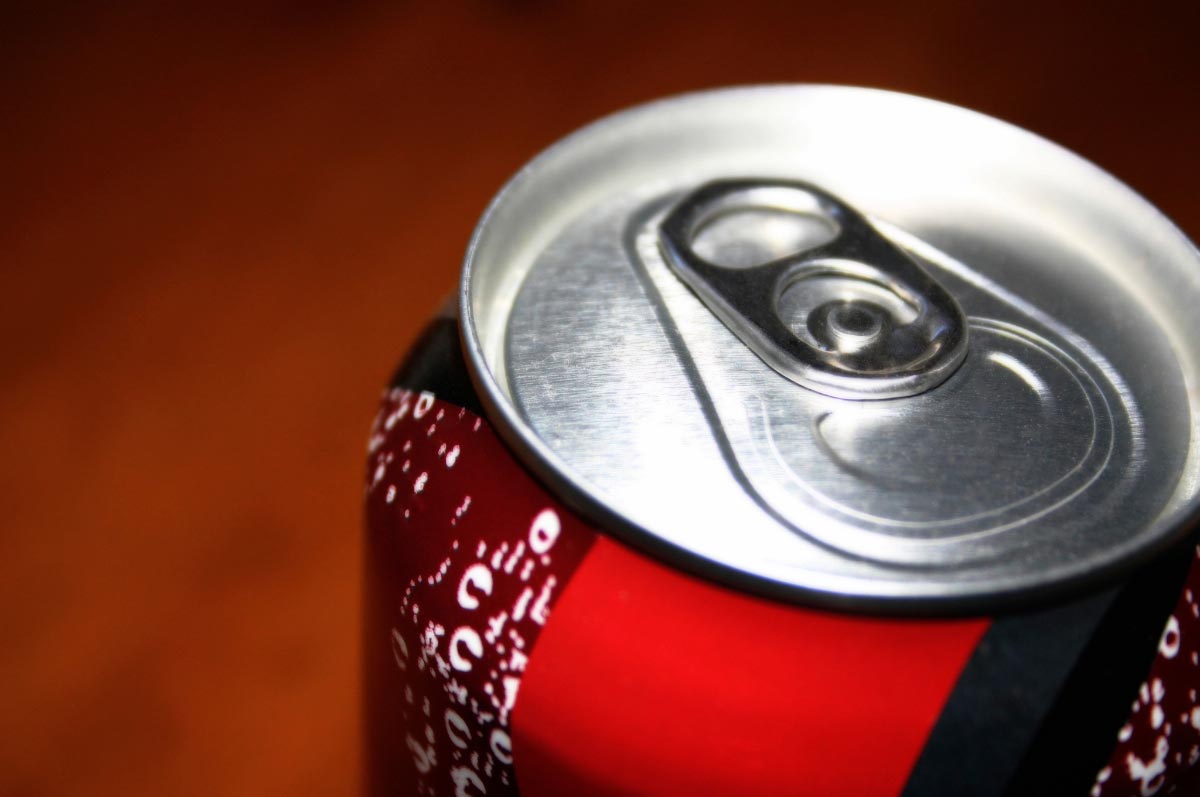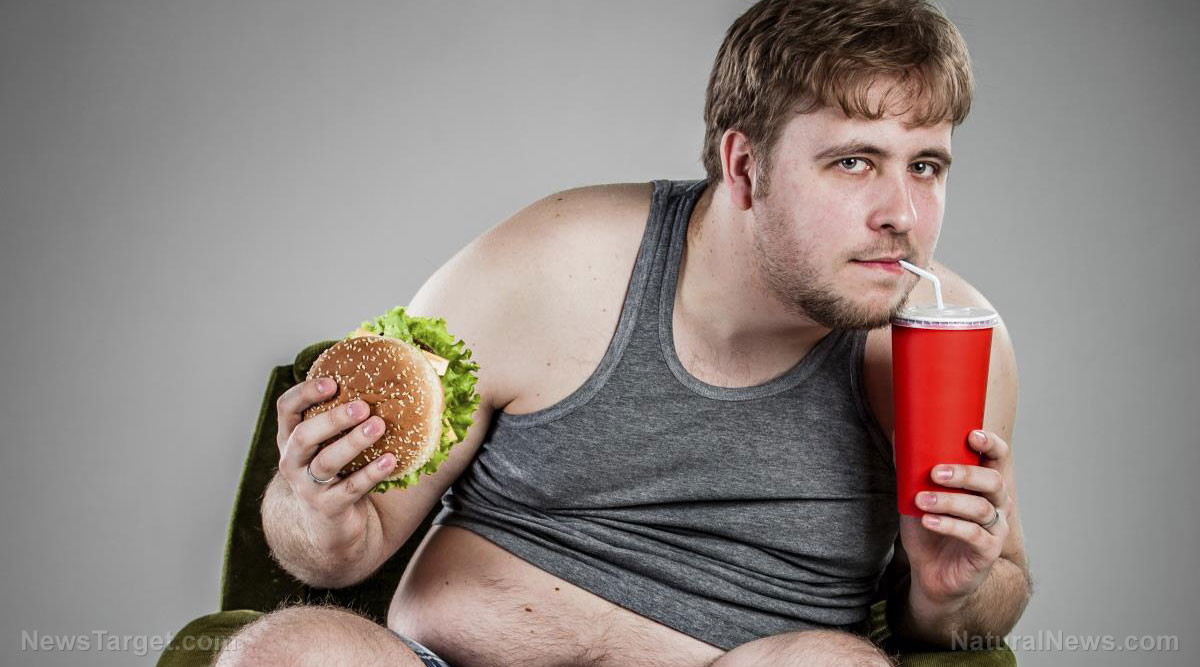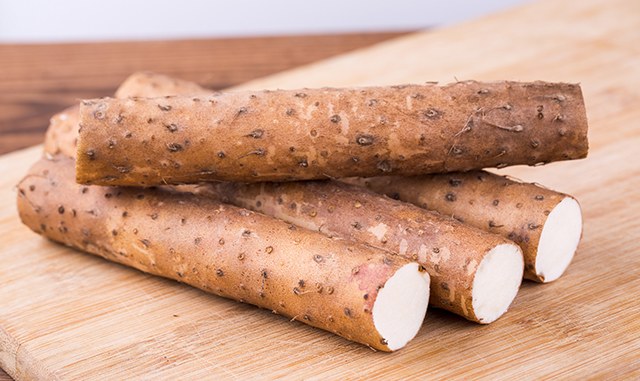The MAHA effect: PepsiCo to remove ARTIFICIAL dyes and flavorings from popular snack chips
07/22/2025 / By Ramon Tomey
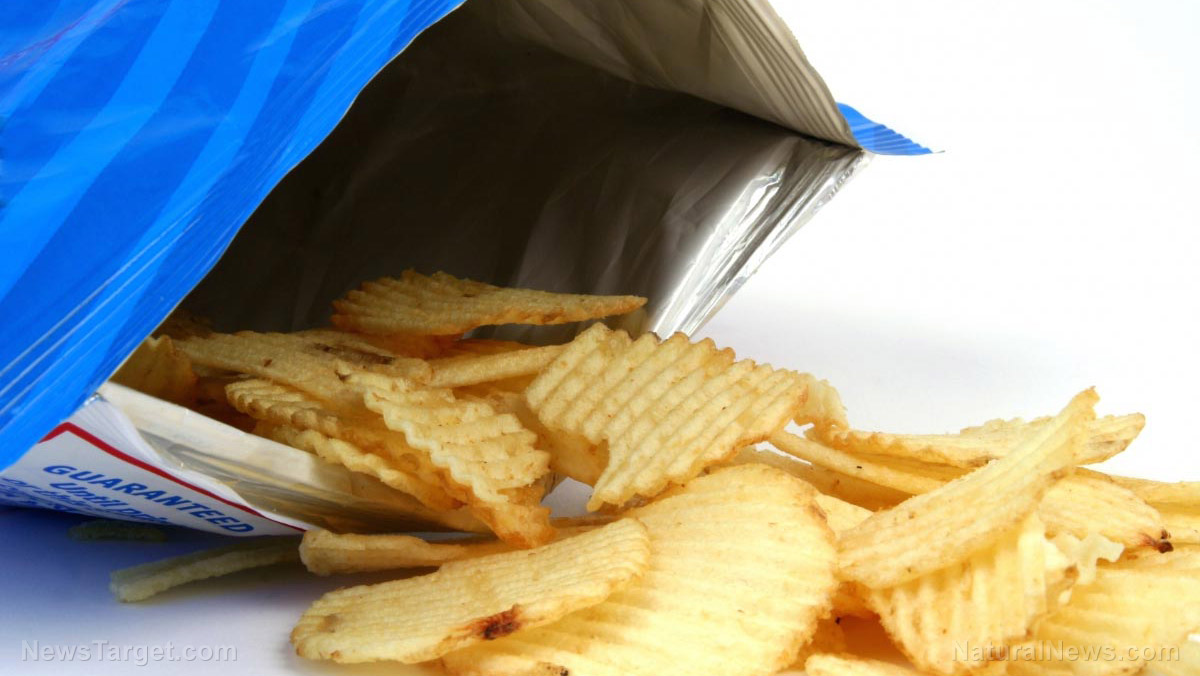
- PepsiCo will remove artificial colors/flavors from Lay’s and Tostitos by year-end and replace canola/soybean oils with avocado and olive oil, accelerating its rebrand timeline from 2027 to 2024 under MAHA pressure.
- Major companies like Tyson Foods and Kraft Heinz are eliminating synthetic additives linked to health risks (e.g., ADHD, cancer), driven by MAHA’s regulatory and consumer demands.
- Health Secretary Robert F. Kennedy Jr. cites studies linking synthetic dyes to chronic diseases, pushing for a 2026 ban on key dyes despite FDA claims of current “safety.” About 35 percent of the food industry has pledged changes.
- Critics question whether corporate reforms (e.g., Coca-Cola switching to cane sugar) are substantive or strategic, noting some PepsiCo brands (Cheetos, Gatorade) still rely on synthetic dyes.
- The rapid industry response – sped by Kennedy’s March meeting – signals a paradigm shift toward cleaner labels, testing corporate willingness to prioritize public health over profit.
Food giant PepsiCo has announced it will remove artificial colors and flavors from its Lay’s and Tostitos snack chips by the end of the year – another victory for the Make America Healthy Again (MAHA) initiative under the second Trump administration.
PepsiCo CEO Ramon Laguarta confirmed the overhaul during a call with investors Thursday, July 17. He added that the company was also expanding its use of avocado and olive oil across its brands, instead of the canola or soybean oil currently used. Laguarta’s announcement was hailed by Health Secretary Robert F. Kennedy in a subsequent post on X.
“PepsiCo just announced it will eliminate artificial colors and flavors from Lay’s and Tostitos by year’s end – and expand the use of avocado and olive oil in place of canola and soybean oil,” Kennedy wrote. “I urge every other food company to follow their lead and join the movement to MAHA.”
The move serves as a sweeping shift that underscores the mounting pressure on Big Food. Tyson Foods, Kraft Heinz and other food companies have stepped up to the MAHA challenge, pledging to eliminate synthetic additives linked to childhood hyperactivity and chronic diseases.
The MAHA campaign has leveraged both regulatory threats and consumer demand to purge petroleum-based dyes from the U.S. food supply. For decades, synthetic food dyes derived from coal tar and crude oil have stained the American diet, despite bans in Europe requiring warning labels on products containing dyes like Red 40 and Yellow 5.
Big Food faces dye dilemma under MAHA
While the Food and Drug Administration maintains these additives are safe at current levels, Kennedy and public health advocates cite peer-reviewed studies tying them to ADHD, diabetes and cancer risks. “We now have about 35 percent of the American food industry committed to phasing out these chemicals,” the health secretary earlier said.
The food industry’s scramble mirrors historical battles over transparency – from 1906’s Pure Food and Drug Act sparked by Upton Sinclair’s “The Jungle” to the 1970s removal of Red Dye No. 2 following Soviet cancer studies. Today’s reckoning, however, is unfolding at unprecedented speed. After Kennedy’s March meeting with food executives, timelines collapsed.
PepsiCo’s Lays rebrand, originally slated for 2027, will now debut by December. Tyson, wary of looming enforcement, voluntarily nixed dyes months ahead of schedule. Even Coca-Cola, long wedded to high-fructose corn syrup, conceded to MAHA’s demand for cane sugar in U.S. bottling plants. (Related: PepsiCo’s toxic legacy: From aborted fetal cell testing to chemical-laden “food” products — why their “natural” PR push isn’t enough.)
Yet critics question whether these changes are substantive or strategic. While PepsiCo’s “Simply” line has long offered cleaner-label chips, its mainstream Cheetos and Gatorade still depend on synthetic dyes for neon hues.
For health advocates, however, the cultural shift is undeniable. As the Department of Health and Human Services under Kennedy’s leadership fast-tracks a 2026 ban on six key dyes, the message is clear: Food companies ought to Make America Healthy Again through their products. But this mission now hinges on a critical test – whether corporations will prioritize long-term public health over short-term profits.
Visit CleanFoodWatch.com for more similar stories.
Watch this clip that reveals how the fetal cell line HEK-293 is used in artificial food flavorings.
This video is from The Prisoner channel on Brighteon.com.
More related stories:
Tyson Foods eliminates toxic synthetic dyes ahead of FDA ban.
General Mills ditches artificial colors in cereals and school foods.
Hershey joins food industry shift away from artificial colors amid FDA crackdown.
Sources include:
Submit a correction >>
Tagged Under:
artificial dyes, artificial flavors, avocado oil, canola oil, clean food watch, food supply, ingredients, olive oil, PepsiCo, soybean oil, stop eating poison, toxic ingredients
This article may contain statements that reflect the opinion of the author

